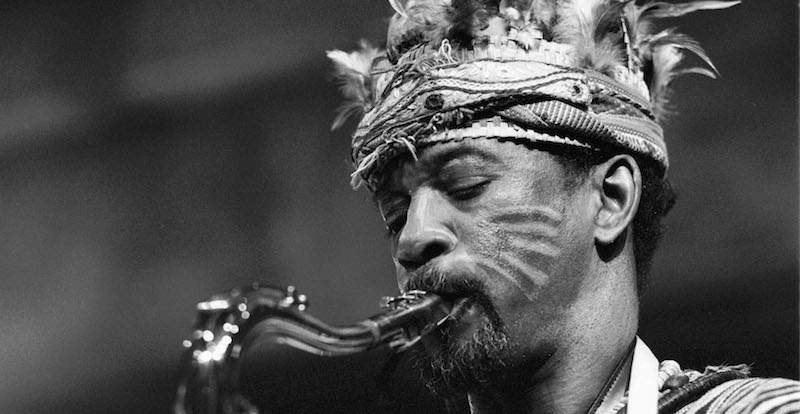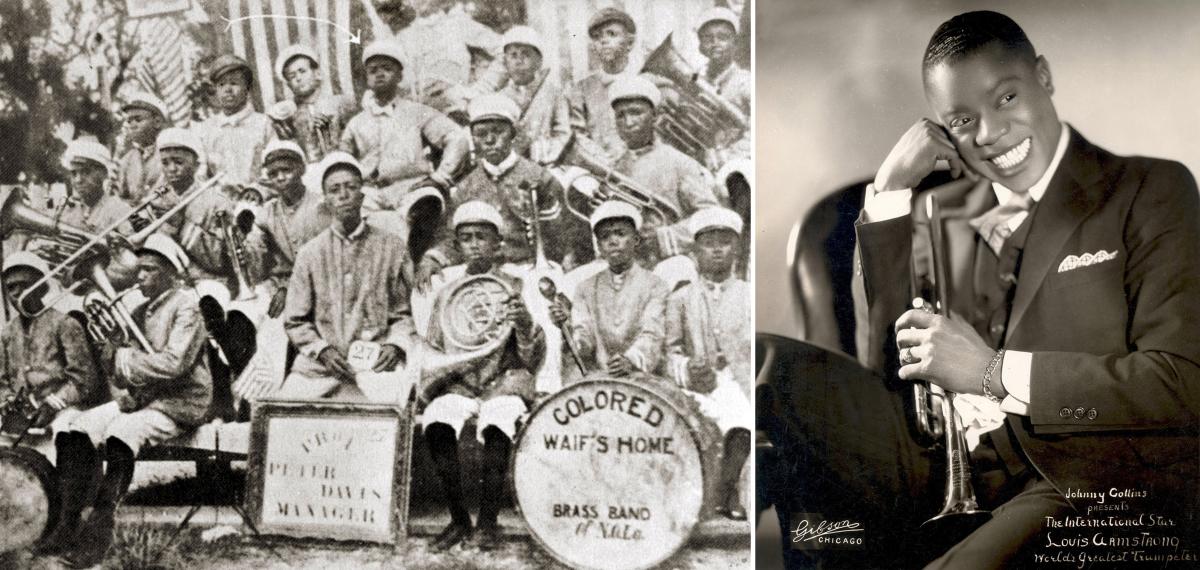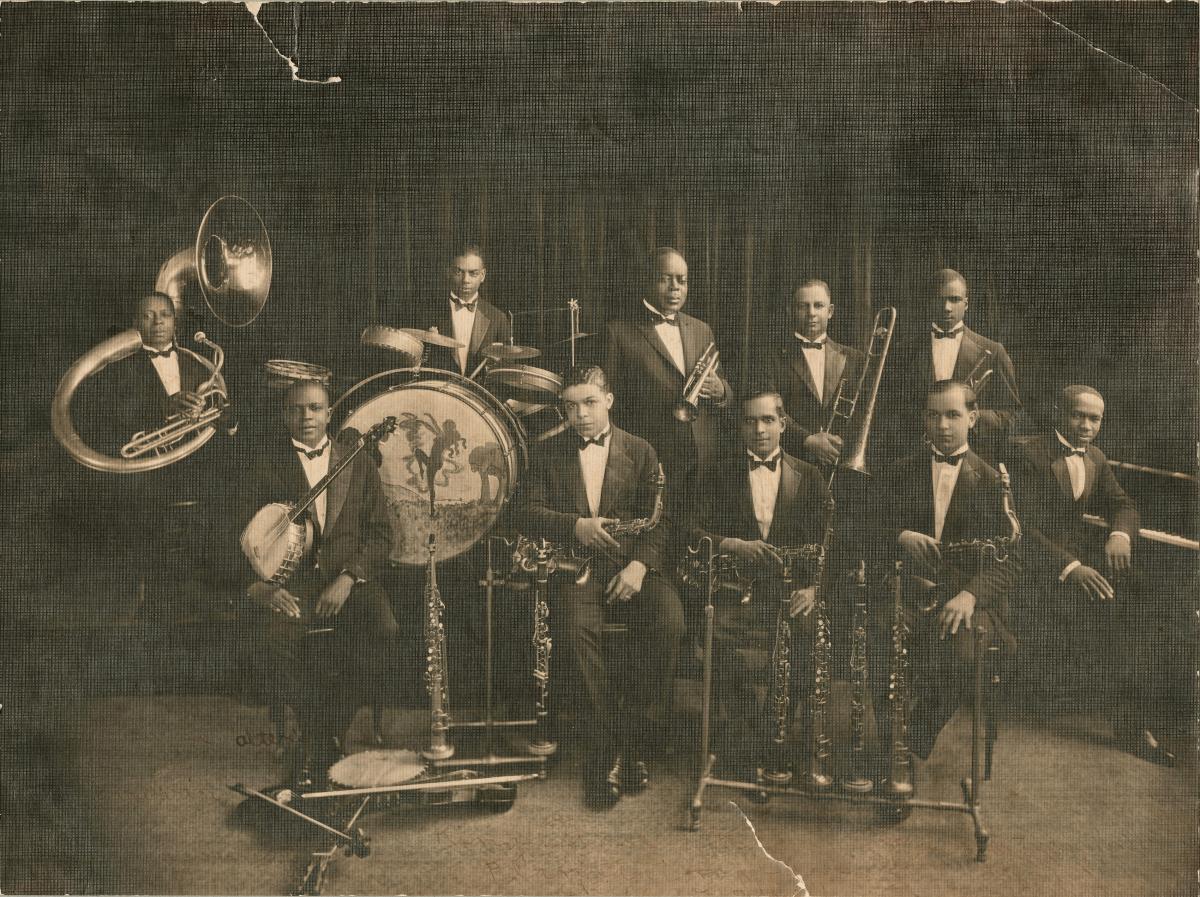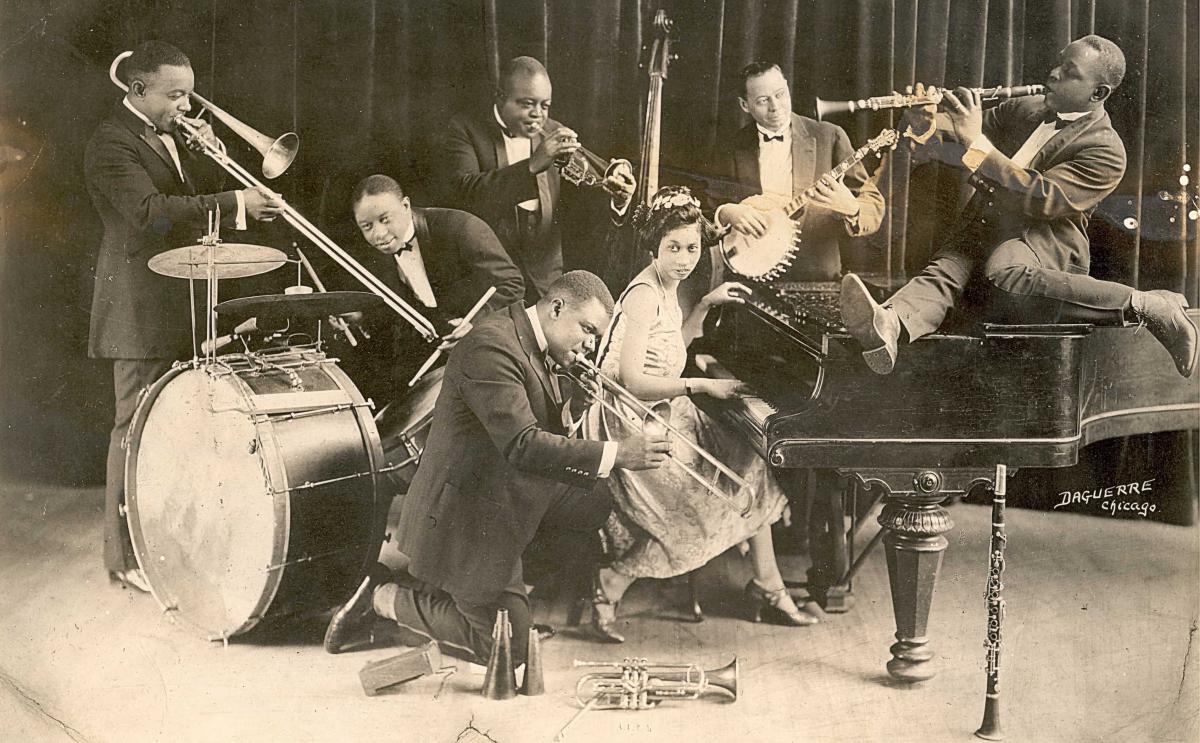Chicago style jazz, a vibrant and influential genre, has deep roots in the city’s rich musical heritage. Originating in the early 20th century, this style has distinguished itself from other forms of jazz with its unique sound and dynamic energy, making it a pivotal element of the Windy City’s identity. Jazz Up Glen Ellyn provides a perfect stage to experience this thrilling style, showcasing its timeless appeal and ongoing evolution.

Defining Chicago Style: What Sets It Apart from New Orleans Style?
While New Orleans style, known for its Dixieland jazz, focuses on collective, polyphonic ensemble play, Chicago style jazz evolved with a different flavor. It developed when many musicians migrated north, carrying the New Orleans Dixieland jazz with them but adapting it as they mingled with musically trained instrumentalists in Chicago. The Chicago style differentiated itself by emphasizing solo performances and adding instruments like the string bass and saxophone, which were not typical in New Orleans bands. For those looking for in-depth literary analysis, services like Essayhub.com Book review writing services can provide expert assistance to help you craft comprehensive and insightful book reviews.
The Evolution of Chicago Style Jazz Through the Decades
From the roaring twenties through the Jazz Age, Chicago jazz has undergone significant transformations. The arrival of figures like King Oliver, Louis Armstrong, and Jelly Roll Morton from New Orleans marked the beginning of a vibrant scene. These musicians brought with them the Creole Jazz Band sound, which they adapted to create a style that was louder and more brazen, suited to the bustling bars and clubs of Chicago.

Legendary Figures: The Influence of Louis Armstrong on Chicago Jazz
Louis Armstrong’s arrival in Chicago was transformative. His virtuosic trumpet playing and charismatic stage presence elevated the music’s profile and set new standards for jazz musicians everywhere. Armstrong’s influence on the Chicago style is immeasurable, introducing sophisticated solo improvisations that would become a hallmark of the genre. Despite not having extensive formal musical training, Armstrong’s playing style gave rise to new Chicago styles that blended the raw expressiveness of blues with the sophisticated structures of big band jazz. His migration from New York to Chicago allowed him to infuse the local scene with his innovative techniques, which were soon adopted by other professionally trained instrumentalists. While there are not many recordings from this early era, the live performances in venues like Millennium Park often featured collaborations between black musicians like Armstrong and white musicians, showcasing a powerful, integrative dynamic. This cross-cultural exchange further enriched the local jazz scene, making Chicago a pivotal hub in the evolution of jazz across America.
The Sound of Chicago Style: Characteristics of the Music
Chicago style jazz is characterized by a more structured form than New Orleans style jazz. It features more elaborate introductions, a greater emphasis on individual solos, and a smoother transition between pieces. The rhythm in Chicago jazz feels steadier and sometimes faster, supporting the soloist rather than the collective ensemble style typical of Dixieland jazz.

Chicago Style Jazz at Jazz Up Glen Ellyn: Featured Performances
At Jazz Up Glen Ellyn, the Chicago style jazz performances capture the essence of the city’s historical and musical legacy. This year, the festival highlights contemporary bands that have taken cues from legends like Count Basie and Benny Goodman, infusing traditional Chicago jazz with modern sensibilities. These performances not only pay tribute to the greats but also showcase the ongoing evolution of the style.
Comparison: Chicago Style vs. Other Jazz Music Styles
Comparatively, Chicago style jazz often showcases a more methodical and polished approach to jazz music than the freewheeling spirits of styles like New York’s bebop. Where bebop is frenetic and complex, Chicago jazz offers a smoother and more accessible listening experience, making it ideal for both jazz novices and aficionados alike.

The Future of Chicago Style Jazz: Trends and New Directions
The future of Chicago style jazz looks promising, with a new generation of musicians experimenting with the genre. These young artists are blending Chicago jazz with elements of pop, hip-hop, and international music, creating a fresh, dynamic sound that continues to draw in diverse audiences. As they tour nationally and record new works, these musicians ensure that Chicago’s jazz legacy will thrive in the modern era.
Jazz Up Glen Ellyn stands as a celebration of this enduring musical tradition, offering a glimpse into the past while marching confidently into the future. Here, the spirit of Chicago jazz is alive and well, constantly evolving but always remembering the roots that made it a cornerstone of American music culture.
Interesting To Read
Essay services https://writepapers.com/write-my-lab-report simplify the writing process with well-researched examples. These resources help students better understand their topics and improve their academic performance.
WritePaper’s term paper writing service help students manage complex assignments by delivering well-structured essays. They simplify the writing process while maintaining originality and precision.
Essay writing services provide a trusted academic resource, delivering content that’s ready for submission and built to succeed. Also, you have to know How to Calculate Retained Earnings.